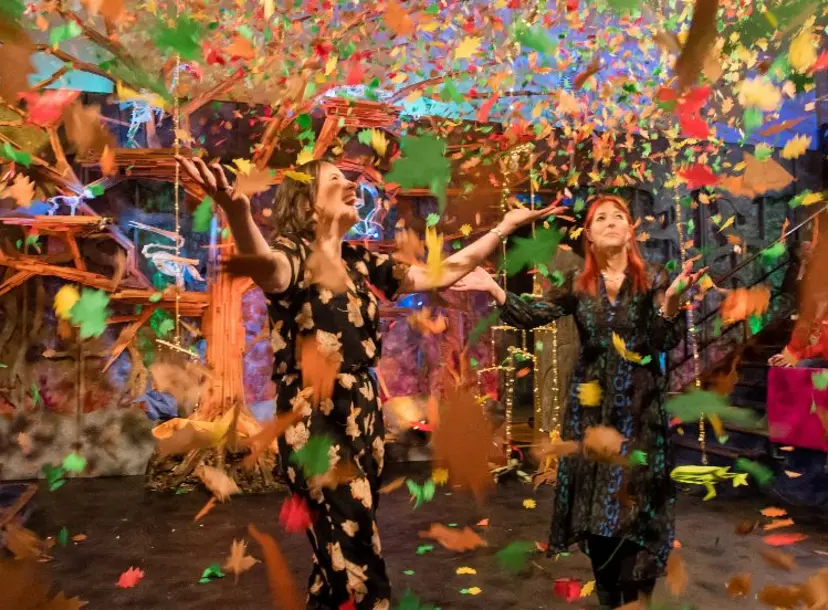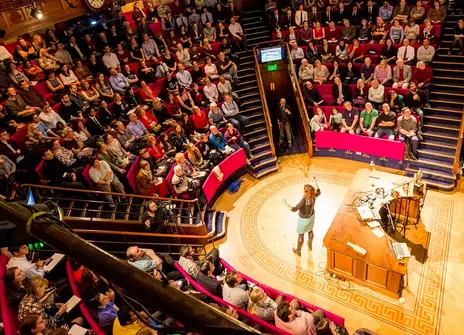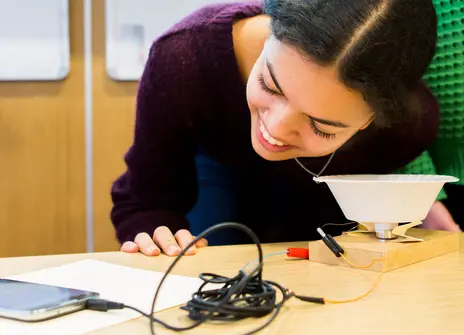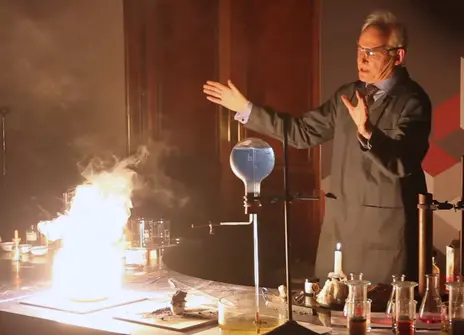The Ri was founded on March 7, 1799 with the first meeting taking place at the Soho Square house of Joseph Banks, who was the President of the Royal Society of London. So we will be 225 years old on March 7, 2024!
Ever since 1799, the Ri has worked to expand scientific education in addition to making ground-breaking discoveries. Since the square root of 225 is 15, here are 15 fun facts about the Ri to celebrate its 225th anniversary:
1. A total of 14 Nobel Prizes have been awarded to scientists who worked at the Ri since its establishment. Their discoveries included the structure of crystals, how neurons function and how mature cells can be reprogrammed to become stem cells.
2. 10 elements have been discovered or isolated by Ri professors: potassium, sodium, barium, calcium, magnesium, strontium, boron, chlorine, iodine and argon.
3. The very first lecture at the Ri was given in 1800 by Thomas Garnett, the first Professor of Natural Philosophy at the institution.
4. The first ever Ri Christmas Lectures began in 1825 with lectures on the topic of natural philosophy. Since then, the Christmas Lectures have continued every year, with the exception of being paused from 1939-1942 during World War II.
5. The Ri’s Christmas Lectures were first televised on the BBC in 1936, where they made up 20 minutes of the day’s 2 hour broadcast, which makes them the oldest televised science series.
A scene from Sue Black's 2022 Christmas Lecture on forensics
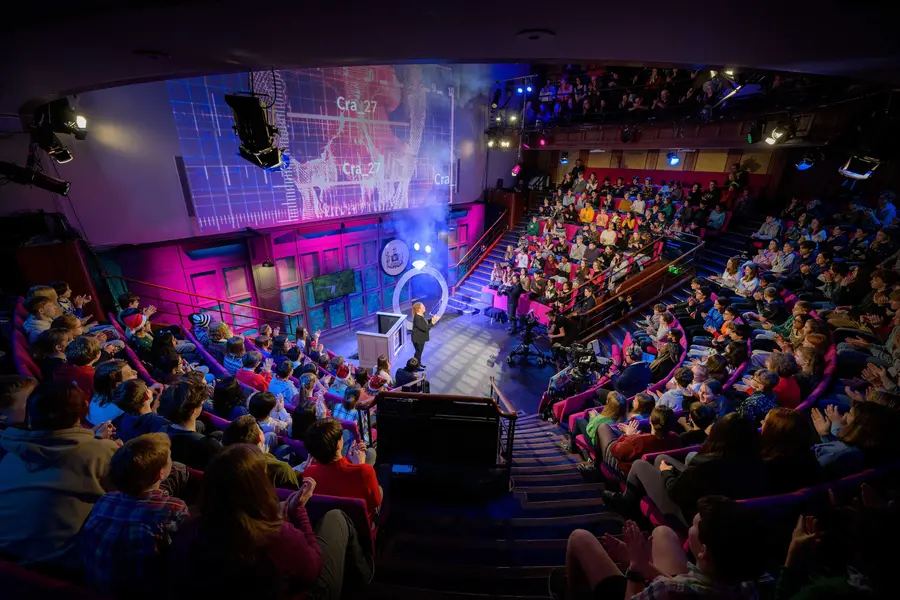
6. The Ri has been hosting Discourses since 1825. Historically, and in a tradition that continues to this day, speakers are locked in a room for 10 minutes before the discourse since it is rumoured that a speaker once attempted to escape!
7. School lectures began at the Ri in 1956, and 200,000 children attended these lectures within 10 years.
8. In 1821, Michael Faraday built the first electric motor in the basement laboratory of the Ri. He continued his work with electricity and magnetism and developed electromagnetic induction and generation in 1831.
9. John Tyndall proved the greenhouse effect at the Ri in the 1860s while studying the transmission of heat and light through gases and vapours. The greenhouse effect helps us understand why greenhouse gases such as carbon dioxide are heating the atmosphere, and was first proposed by Eunice Foot, who in 1856 showed that carbon dioxide could absorb heat from sunlight. She suggested that an increase in carbon dioxide would result in a warmer planet.
10. During a discourse at the Ri in 1897, JJ Thomson announced the existence of an electron, a fundamental particle which is integral to our current understanding of science, but he didn’t use the word ‘electron’ within the lecture once.
11. James Dewar was the first to liquefy hydrogen, a process he carried out in the basement laboratory of the Ri in 1898. He later created solid hydrogen one year later in 1899.
12. During World War II, the Ri basement was used as a bomb shelter; although there was no direct damage to the building, the windows were blown out by a nearby bomb.
13. The Ri’s Theatre had to be rebuilt in 1927 after an electrical substation exploded nearby. There was no direct damage but the Ri realised there was a risk to the audience with the explosive experiments in the Theatre, as it had no fire exits!
Our historic Theatre
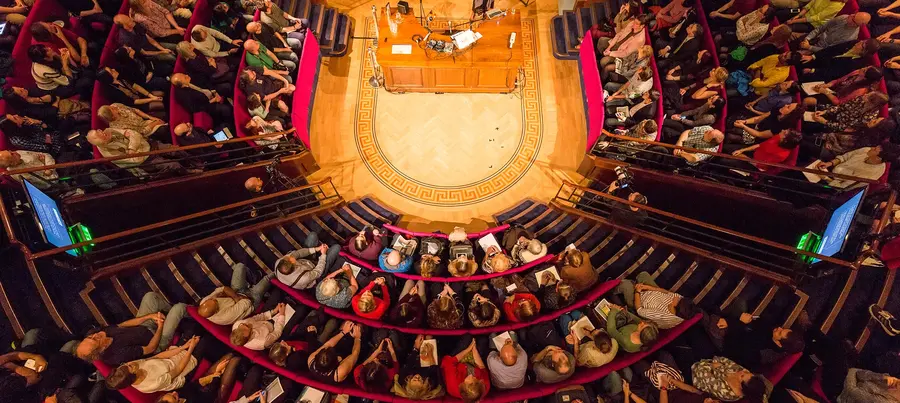
14.The L'Oréal Young Science Centre was created at the Ri in 2008. It is a laboratory where students and teachers can design experiments and explore science outside of the classroom.
15. The Ri has recently partnered with Imperial College London to launch Undaunted, a program which aims to tackle climate change and support companies in the sustainability sector.
